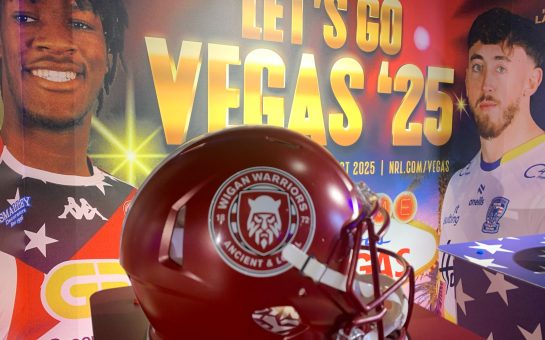Professional sports are now more popular and competitive than ever.
But while the focus should be on sportsmen and women of all disciplines pushing themselves to the very limits of physical capabilities, far too often we are left talking about the murky side of sports we love.
One of the most frustrating downsides of the desire for sporting success is the sudden change in the ‘unwritten rules’ that have governed our favourite hobbies for decades, such as not going down easily in football, or appealing for something that isn’t out in cricket.
In today’s games, this is often referred to as professionalism, as team’s managers and players alike do whatever is necessary to win a game.
For example in football here has been an unwritten rule against diving due to it being disrespectful and unsporting.
However in the modern game it is becoming increasingly rare to watch a full game where a player doesn’t throw himself to the floor trying to con the referee into giving a decision his way.
The art of diving has been mastered by some players and now they have gained negative reputations for doing so; Luis Suarez, Gareth Bale and Ashley Young to name a few.
World class player’s statuses are marked by this trait such as the young Brazilian sensation Neymar that hurls himself down quicker than Tom Daly.
There has also been a noticeable change in attitude within cricket where batsman used to walk off if they knew they had nicked an edge.
Now, even if the decision is blatant, the batsman waits around for the umpire to make the decision hoping that they can take advantage of moments of human indecision.
England’s Stuart Broad has recently taken stick for doing just this after blatantly edging a ball and waiting for the umpire’s decision which was given not out.
The change in mindset is due to the escalation of competitiveness – and possibly the amount of money at stake every time they cross the white line – and as soon as one team starts taking advantage the others do the exact same.
The worst thing about diving is that, unfortunately, it is next to impossible for referees (who don’t help themselves) let the game flow.
Players hitting the deck in matches has become increasingly prominent which causes referees to make hundreds of decisions and the tempo of the game becomes stop-start.
It has also led to defenders being under pressure to just win the ball, as any contact on the player will send them sprawling for miles and the defender is likely to be carded.
One of the most irritating parts of so-called professionalism is that it isn’t even regarded as cheating. People consider themselves playing by the rules if they can bend them but don’t break them.
When you are a child growing up, most of the key lessons you learn undoubtedly come from playing sport. Being part of a team united as one, teaches teamwork skills which are essential for success in later life.
Sport can teach you how to make friends and how to lead on and off the pitch, trying to encourage rather than discourage.
One of the main lessons learnt from sport was to respect the game and your opponents, but surely blatantly lying and trying to con referees is disrespectful to both.
Professional behaviour off the pitch is also important for elite athletes, as we have all learned this year behind the scenes antics of sportsman can crush even the most stratospheric of reputations.
Cyclist Lance Armstrong – a winner of no fewer than seven Tour de France titles – crashed and burned after finally admitting to blood doping which caused outrage across the world.
Armstrong was stripped of his yellow jerseys and the whole affair ensured cycling was once again dragged through the mud.
Suarez is another controversial character. His talent is unquestioned but his antics on the pitch are quite simply unacceptable.
Racial abuse towards Manchester United’s Patrice Evra and biting Chesea’s Branislav Ivanovic has resulted in lengthy bans for the Liverpool man.
His actions on the field have caused him to become a targeted player for stereotyping, his famous hand-ball save in the World Cup quarter finals in South Africa.
In the last minute of extra time he saved a certain goal with his hand. After Assamoah Gyan missed the resulting spot kick with the last kick. This led to penalties where Uruguay were victorious and Suarez celebrated in a profusely.
Professionalism in sport has become a way gaining a competitive advantage over opponents; old fashioned good sporting gestures are becoming less common.
This is a shame because playing by the rules and fair competition are being side-lined, and winning is all that matters.
Image courtesy of BBC Sport via YouTube, with thanks.
For more on this story and many others, follow Mancunian Matters on Twitter and Facebook.



